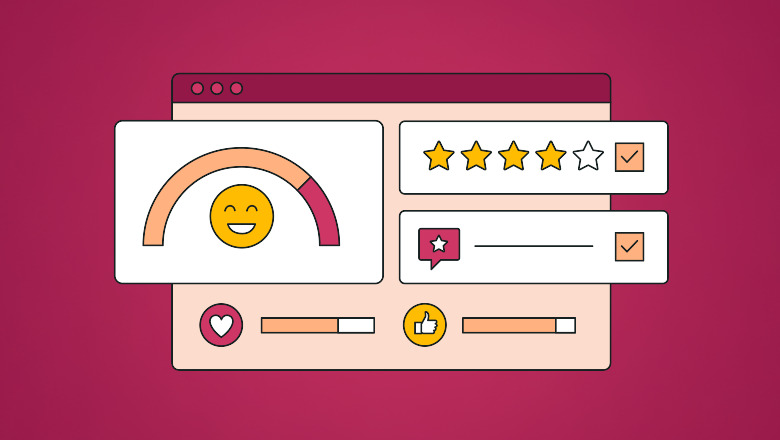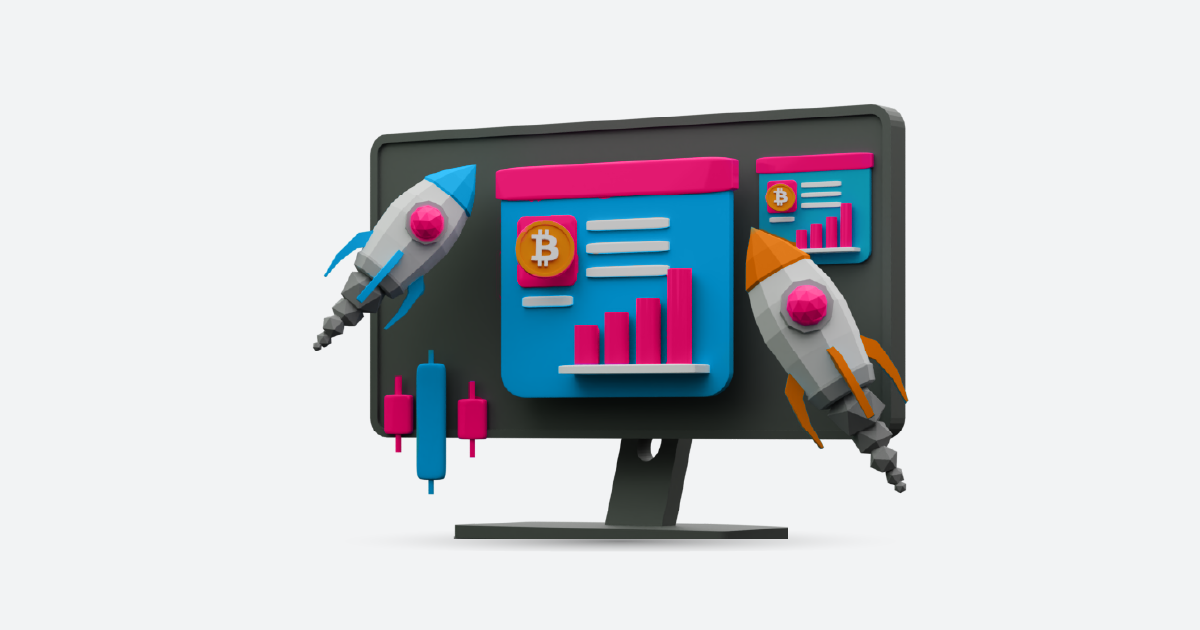In today’s digital age, maintaining a positive online reputation is crucial for businesses of all sizes. With consumers increasingly relying on the internet to make purchasing decisions, managing how your brand is perceived online can significantly impact your success. Fortunately, there’s a wide array of reputation management tools available to help businesses monitor, analyze, and improve their online presence.
Introduction to Reputation Management Tools

In a world where information spreads rapidly across various online platforms, businesses must actively monitor and manage their reputation. Reputation management tools offer valuable insights into what customers are saying about your brand, products, and services across the web. From social media mentions to online reviews, these tools provide comprehensive solutions for maintaining a positive online image.
Types of Reputation Management Tools
- Monitoring tools: These tools scan the internet for mentions of your brand, allowing you to stay informed about what customers are saying in real time.
- Review management platforms: Platforms like Trustpilot and Yelp enable businesses to manage and respond to customer reviews effectively.
- Social media management tools: Tools such as Hootsuite and Sprout Social help businesses monitor social media conversations and engage with their audience.
- Search engine optimization (SEO) tools: Tools like SEMrush and Moz assist businesses in optimizing their online content to improve search engine rankings.
Key Features to Look for in RM Tools
When selecting a reputation management tool for your business, it’s essential to consider the following key features:
- Monitoring capabilities: The ability to track mentions of your brand across various online channels.
- Sentiment analysis: Tools that analyze the sentiment of customer feedback to identify trends and patterns.
- Review response automation: Streamlining the process of responding to customer reviews and feedback.
- Social media monitoring and engagement: Platforms that allow businesses to monitor social media conversations and engage with their audience in real time.
- SEO analysis and improvement: Tools that help businesses optimize their online content for better visibility and search engine rankings.
Benefits of Using RM Tools
Effective reputation management can yield numerous benefits for businesses, including:
- Enhancing brand image: Building a positive online reputation can strengthen brand perception and credibility.
- Building trust and credibility: Transparent and authentic interactions with customers can foster trust and loyalty.
- Improving customer relationships: Engaging with customers and addressing their concerns can enhance overall customer satisfaction.
- Mitigating negative impacts: Proactively managing negative feedback can help minimize its impact on your brand reputation.
Top Reputation Management Tools in the Market
While there are many reputation management tools available, some of the top options include:
- AIM Insights: A comprehensive social media monitoring tool that provides real-time insights into brand mentions and sentiment analysis.
- Hootsuite: A popular social media management platform that allows businesses to schedule posts, engage with their audience, and monitor conversations across multiple channels.
- Yotpo: A review management platform that helps businesses collect and leverage customer reviews to improve brand reputation and trust.
- SEMrush: An all-in-one SEO tool suite that provides keyword research, competitive analysis, and website auditing features.
- BrightLocal: A local SEO platform that helps businesses manage their online reputation and improve their visibility in local search results.
How to Choose the Right Reputation Management Tool
When selecting a reputation management tool for your business, consider the following factors:
- Assessing business needs: Identify your specific requirements and objectives for reputation management.
- Budget considerations: Evaluate the cost of different tools and determine what fits within your budget.
- Reading user reviews and testimonials: Research the experiences of other users to gauge the effectiveness and reliability of the tool.
- Exploring features and functionalities: Look for tools that offer the features and capabilities you need to manage your online reputation effectively.
Implementation Strategies for Reputation Management Tools
Once you’ve selected a reputation management tool, consider the following strategies for successful implementation:
- Setting up accounts and profiles: Create accounts and profiles on relevant platforms and configure settings according to your preferences.
- Customizing monitoring parameters: Adjust monitoring parameters to focus on key metrics and sources of feedback.
- Integrating with existing systems: Integrate your reputation management tool with other systems and platforms to streamline workflows and data sharing.
- Training team members: Provide training and support to team members responsible for using the tool to ensure proper utilization and effectiveness.
Case Studies: Successful Implementation of Reputation Management Tools
To illustrate the effectiveness of reputation management tools, consider the following case studies:
- Example 1: Company X enhances its online presence with AIM Insights
- By leveraging AIM Insights’s monitoring capabilities, Company X was able to identify and address customer concerns in real-time, leading to improved brand perception and customer satisfaction.
- Example 2: Company Y improves customer satisfaction using Hootsuite
- With Hootsuite’s social media management features, Company Y streamlined its response process and engaged with customers more effectively, resulting in higher levels of customer satisfaction and loyalty.
Measuring the Effectiveness of Reputation Management Tools
To measure the impact of your reputation management efforts, consider the following metrics:
- Key performance indicators (KPIs): Track metrics such as sentiment analysis scores, customer satisfaction ratings, and online review trends.
- Analyzing data and metrics: Regularly review data and metrics to identify trends, patterns, and areas for improvement.
- Adjusting strategies based on insights: Use insights from data analysis to refine your reputation management strategies and tactics.
Challenges and Limitations
While reputation management tools offer numerous benefits, they also come with challenges and limitations, including:
- Handling fake reviews and malicious content: Identifying and addressing fake reviews and malicious content can be challenging and time-consuming.
- Dealing with negative sentiments: Managing negative sentiments and feedback requires sensitivity and tact to avoid exacerbating the situation.
- Monitoring across multiple platforms: Keeping track of brand mentions and conversations across various online platforms can be overwhelming and resource-intensive.
Future Trends
Looking ahead, several trends are shaping the future of reputation management, including:
- AI and machine learning advancements: The integration of AI and machine learning technologies is enabling more sophisticated analysis and prediction of online sentiment.
- Integration with CRM systems: Seamless integration with customer relationship management (CRM) systems allows businesses to consolidate customer data and insights for more personalized interactions.
- Personalization and localization features: Reputation management tools are increasingly offering features that allow businesses to tailor their strategies and communications to specific audiences and regions.
Best Practices for Effective Reputation Management
To effectively manage your online reputation, consider the following best practices:
- Responding promptly to customer feedback: Address customer concerns and inquiries in a timely and professional manner to demonstrate your commitment to customer satisfaction.
- Encouraging positive reviews and testimonials: Encourage satisfied customers to share their positive experiences and feedback online to counterbalance negative sentiments.
- Being transparent and authentic in communications: Maintain transparency and authenticity in your communications with customers to build trust and credibility.
Conclusion
In conclusion, reputation management tools play a vital role in helping businesses monitor, analyze, and improve their online presence. By leveraging the right tools and strategies, businesses can enhance their brand image, build trust and credibility, and cultivate positive relationships with customers. In today’s competitive landscape, proactive reputation management is essential for long-term success.
To experience the power of cutting-edge reputation management tools firsthand and see how they can benefit your business, we invite you to request a demo from AIM Technologies. Take the first step towards safeguarding your online reputation and driving business growth.
FAQs
What are reputation management tools?
- Reputation management tools are software platforms designed to help businesses monitor, analyze, and manage their online reputation across various digital channels.
How do reputation management tools benefit businesses?
- Reputation management tools enable businesses to track customer feedback, respond to reviews, and monitor online conversations, helping them maintain a positive brand image and build trust with customers.
Can reputation management tools remove negative reviews?
- While reputation management tools cannot remove negative reviews directly, they can help businesses address customer concerns and mitigate the impact of negative feedback by responding promptly and professionally.
Are there free reputation management tools available?
- Yes, some reputation management tools offer free versions or trial periods with limited features. However, businesses may need to invest in premium plans to access more advanced functionalities.
How often should I monitor my online reputation?
- It’s recommended to monitor your online reputation regularly, ideally daily, to stay informed about what customers are saying and address any issues promptly.




